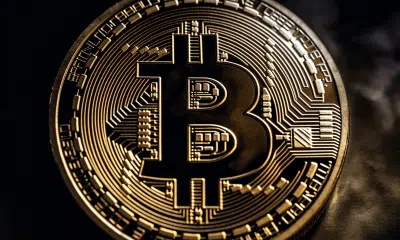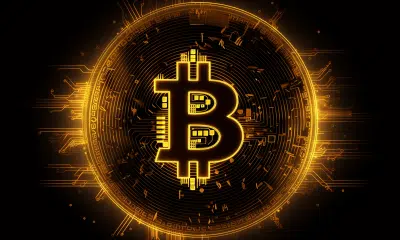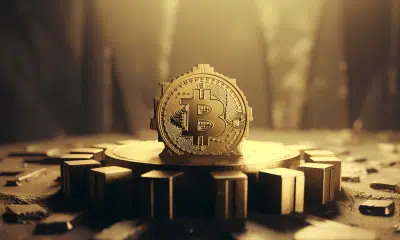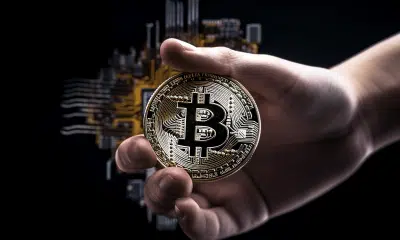Here’s why Bitcoin’s FOMO feedback loop will continue
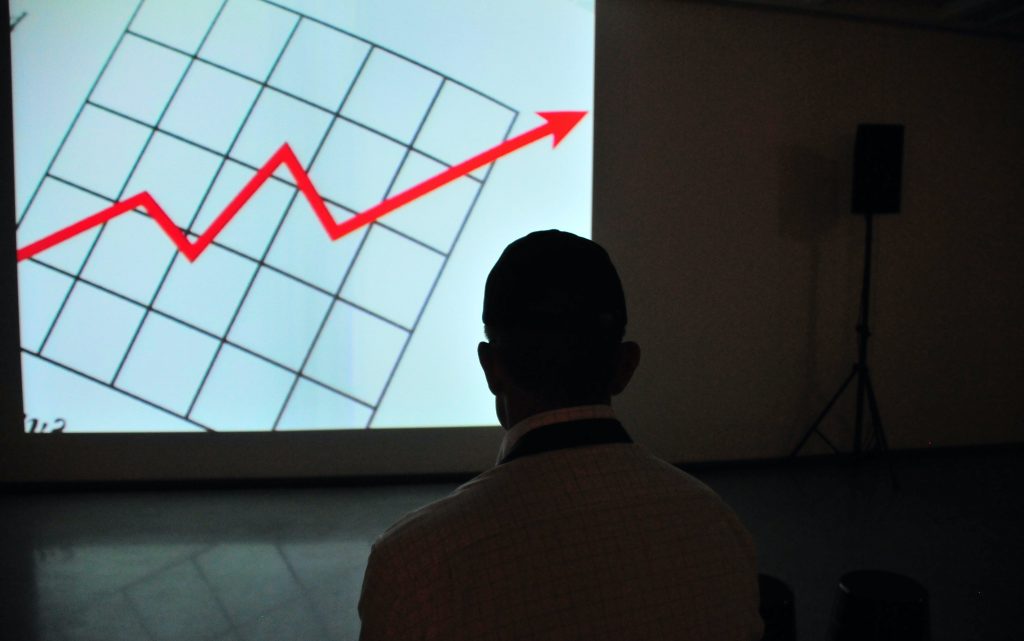
Another phrase for ‘bull run’ is ‘profit take.’ Why? Because whenever the price for any asset rises, there are those who buy in the hope for another rise, and there are those who sell, in the hope for another fall.
While it’s clear that Bitcoin is in a full-fledged bull run, it’s also clear that the need to profit take is not as strong as it once was. The main reason people are certain about not profit-taking, is because of the uncertainty in the real world.
According to a report by blockchain-analytics firm Chainalysis, one of the factors fueling the price rise is the uncertainty in the financial market, marked by the deadlock in the race for the next president of the United States of America. The report states that the massive price rise from $13,500 to $15,700 “cannot be a coincidence.”
This real-world unknowing induced crypto-price action has underlined the fact that “that bitcoin is seen as an asset to hold in a world of macroeconomic uncertainty,” as per the report. Further, this sets in a positive FOMO (fear of missing out) feedback loop, which has tied into the demand and supply channel of Bitcoin, to push the price up.
It goes like this. People buy Bitcoin as a macro-hedge in times of uncertainty. Bitcoin supply decreases as there is less Bitcoin to buy and its supply is limited. Demand exceeds supply. People who still want Bitcoin pay a higher price to buy it, and push the market price up. This loop is amplified by the scale of the ‘uncertainty.’ The report summarizes this FOMO feedback loop as,
“This makes bitcoin an increasingly attractive asset, leading to yet more demand, even scarcer supply, and higher prices.”
The supply to satisfy this demand is scarce. Take the case of October which began steady and ended strong on the price charts. For the week ending 19 October, as Bitcoin was below $13,000, 274,000 BTC were sent to exchanges with the intention to sell. These Bitcoins were sold at a profit of 25 percent or more, suggesting people were “cashing out.” Fast forward to a week later, with the price increasing to $13,300, and a lesser amount of Bitcoin, at 257,000 were sent to exchanges to sell-off with the same proportionate profit of 25 percent.
Chainalysis noted that this reduction in Bitcoin sent to exchanges is lower than in late-July-early-August when the price was just beginning to increase. Given this need to keep hold of Bitcoin rather than sell, even at such a high price, the report concluded,
“At the moment, it seems that the balance of the market is with people who are holding rather than cashing out.”

